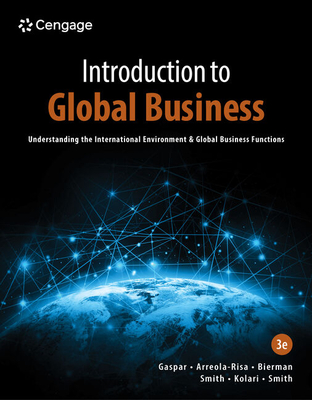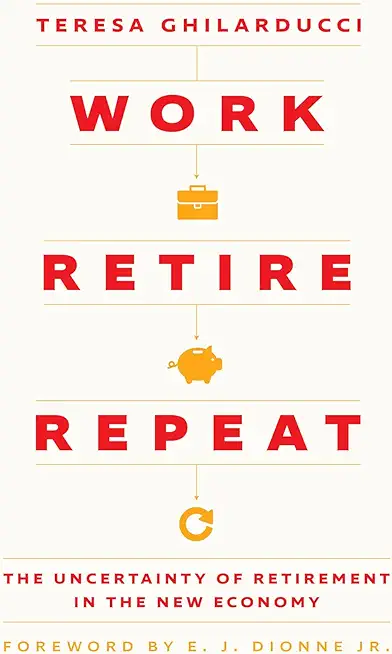
description
0
Psychologist Rob Brotherton asks, how can we all be smarter consumers of news?
Today we carry the news with us, getting instant alerts about events around the globe. And yet despite this unprecedented abundance of information, it seems increasingly difficult to know what's true and what's not. In Bad News, Rob Brotherton delves into the psychology of news, reviewing how psychological research can help navigate this post-truth world. Which buzzwords describe psychological reality, and which are empty sound bites? How much of this news is unprecedented, and how much is business as usual? Are we doomed to fall for fake news, or is fake news ... fake news? Much psychological research attempts to answer the fundamental questions lurking behind fake news. How do we form our beliefs, and why do we end up believing things that are wrong? How much information can we possibly process, and what is the internet doing to our attention spans? This brilliant book presents psychological research pertaining to one of the great concerns of the age: how can we all be smarter consumers of news?member goods
No member items were found under this heading.
Return Policy
All sales are final
Shipping
No special shipping considerations available.
Shipping fees determined at checkout.







